Blogs and Free Resources
Here at °ÅÀÖÊÓƵ, our mission is to provide professionals like you with FREE practical and valuable tools, strategies,
and resources to assist with the great work you do. Find expert tips, helpful worksheets, demonstration videos, CE, news,
and more here. Happy learning!
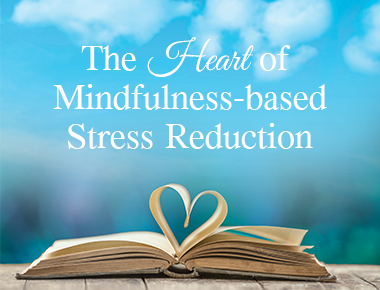
S.T.O.P.: An MBSR Practice for Developing Awareness
One of the things we practice in MBSR is becoming aware of the triggers of dissatisfaction and suffering. A wonderful way to maintain a greater sense of well-being is the ability to notice when things get a little off kilter and we start to experience unhappiness. It is in this moment that we can use the method of S.T.O.P. to allow ourselves to listen with open hearts and minds and commit to being freer and happier.
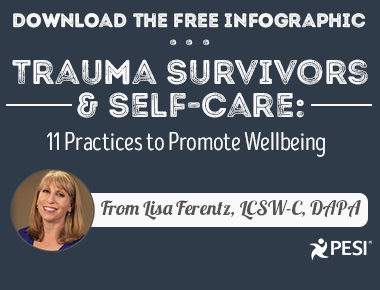
Trauma Survivors and Self-Care
11 Practices to Promote Wellbeing
How can you help your clients work on increasing acts of self-care? Keeping in mind that self-care can manifest in different ways, consider suggesting these 11 practices as "homework assignments" to promote wellbeing...
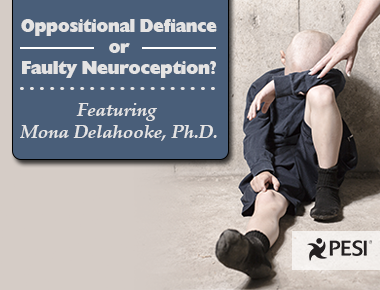
Oppositional Defiance or Faulty Neuroception?
Over the years I have come to believe that oppositional defiant disorder (ODD) is not a label that should be used to describe young children. As a developmental psychologist, I view oppositional defiance as a child’s response to stress. Viewing children’s challenging behaviors on a continuum of stress and stress recovery reveals a whole new way to think about this stigmatizing disorder, as well as a new way to support children, informed by neuroscience.

Dr. Bessel van der Kolk Demonstrates the Position of Joy
When the body is frozen in a position of terror, it's not possible to feel joy ... BUT in contrast, when the body is in a position of joy and openness, it's not possible to feel terror. In this short video, Dr. Bessel van der Kolk demonstrates the Position of Joy and shows you how it changes the way you take in emotions.
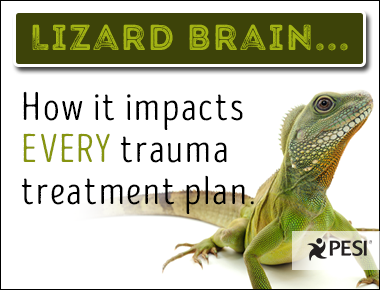
Lizard Brain: How it impacts EVERY trauma treatment plan
...and what you can do about it
When a child with behavior challenges enters our office, we instantly go into teach mode to tell them how to change their behaviors. Why? Because we don't know what else to do.
But the child's behavior doesn't improve. It's not because they're willful, or bad, or even because they don't care. It's because the lasting impacts of trauma have the children in your practice stuck in "lizard brain." In this short video, I explain why lizard brain impacts every trauma treatment plan you create...
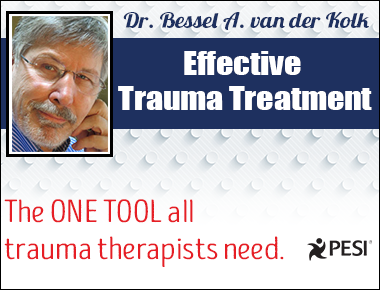
VIDEO: Bessel van der Kolk on Effective Trauma Treatment with EMDR
Trauma is about horror. A horrendous reality that you don't want to remember...
Our clients are often dealing with the unspeakable. Are you using tools that promote healing, or are you re-traumatizing the people who've come to you for help?
Listen to this fascinating case in this free short video —and learn insights on the ONE TOOL all trauma therapists should have.
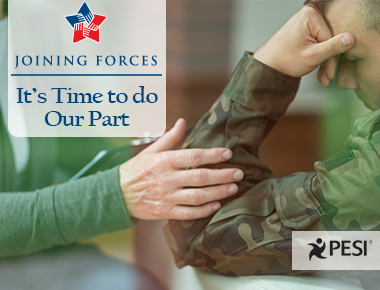
Fifth Annual Joining Forces Wellness Week Highlights Health Care Needs of Veterans, Military Service Members and Their Families
Joining Forces Wellness Week takes place Nov. 7-11. The Association of American Medical Colleges (AAMC), in collaboration with the White House Joining Forces staff and the Center for Deployment Psychology at the Uniformed Services University of the Health Sciences, will show a free webinar series on the health and wellness of military service members and veterans. Professionals will earn one free hour of CE credit for each webinar they attend.

What does a raisin have to do with mindfulness?
Whether you’re a new clinician or a seasoned therapist, this simple technique in mindfulness will leave you feeling rejuvenated, refreshed, and ready to take on the rest of your day.
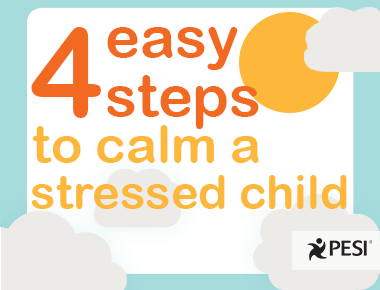
4 Easy Steps to Calm a Stressed Child
If you work with children who struggle with self-regulation, mind-body strategies that use yoga, meditation, mindfulness, and guided imagery can be especially effective, and often fun, for the child to gain their composure. Use this activity, called The Steps, at home, in the grocery store, or wherever life takes you.
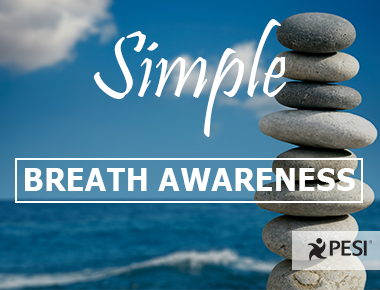
Simple Breath Awareness: An exercise to fight stress, anxiety and insomnia
You can use this simple breath awareness exercise from the classic text, “The Yoga Sutras of Patanjali," in a therapy session to help the client direct their attention to internal states and balance their autonomic nervous system.

